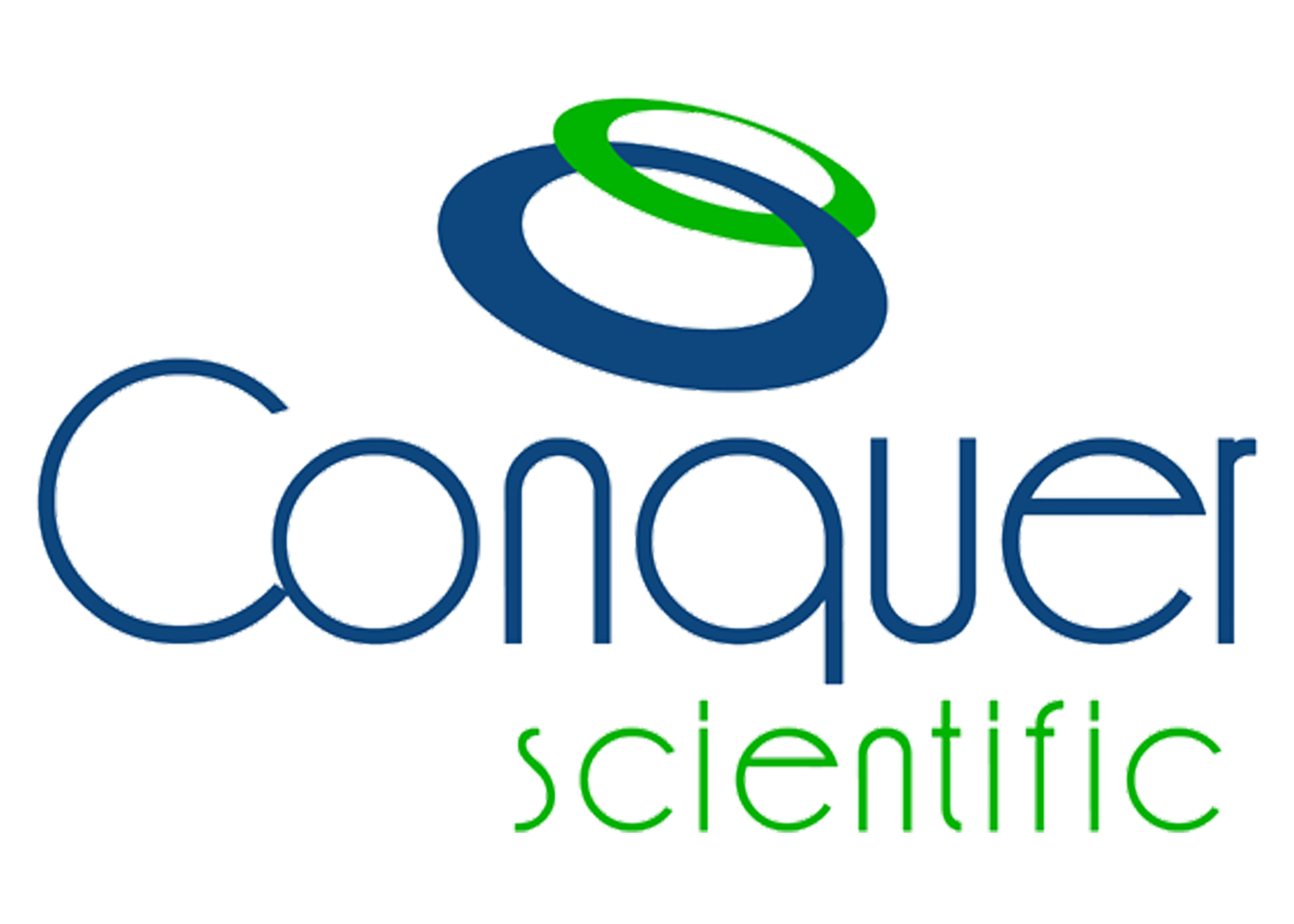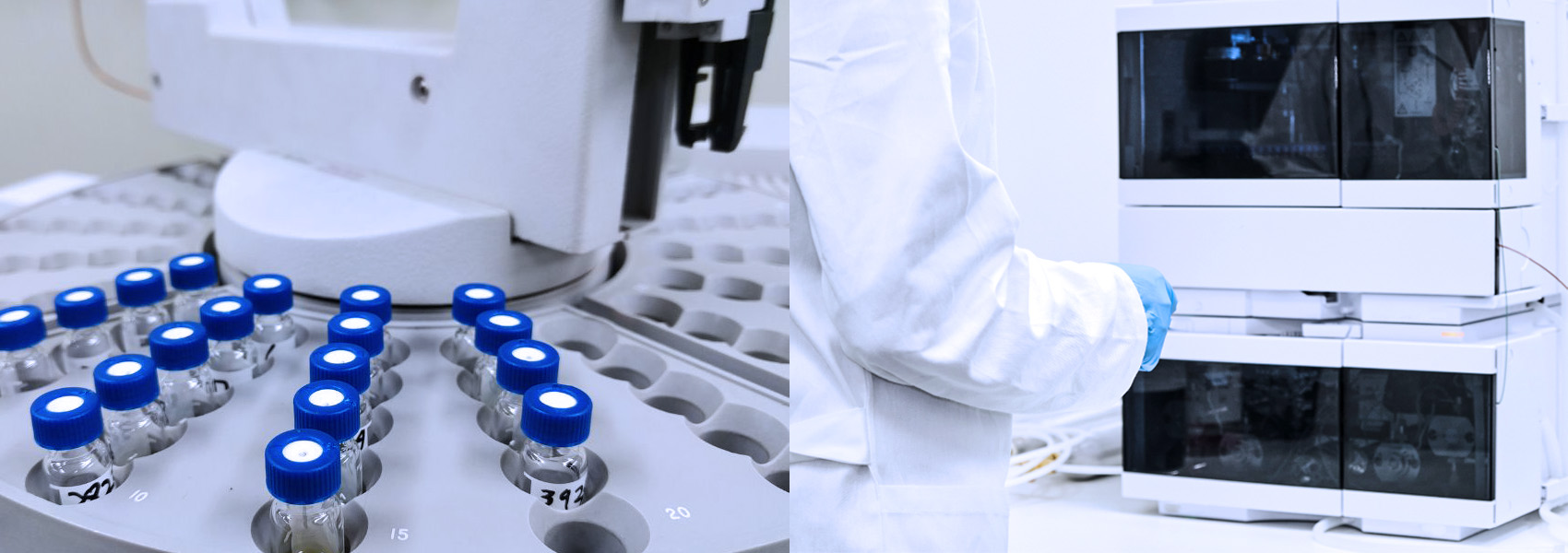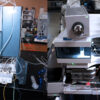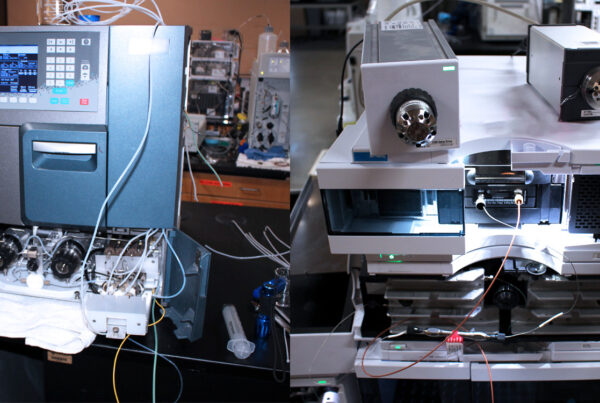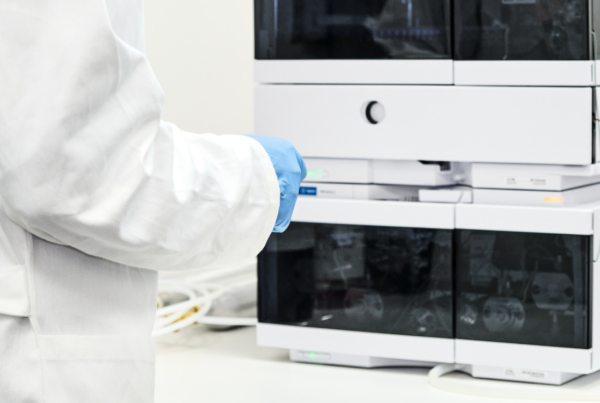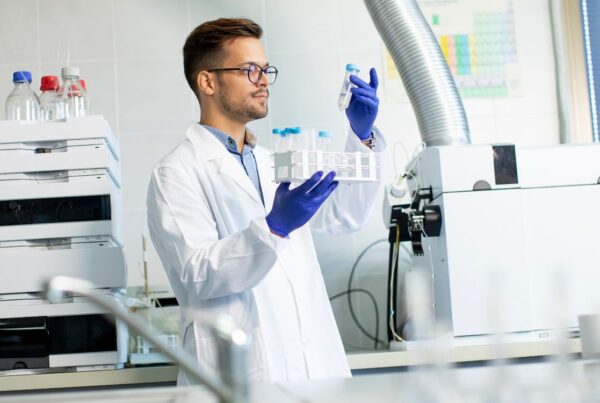In the world of analytical chemistry, the choice between gas chromatography (GC) and liquid chromatography (LC) poses a perplexing puzzle for researchers and scientists alike. Both techniques play a crucial role in separating and analyzing compounds, but each comes with its own set of strengths and limitations. In this blog, we embark on a journey to decode the mysteries behind these two chromatographic methods and assist you in making an informed decision for your analytical needs.
Gas chromatography, renowned for its ability to analyze volatile and gaseous compounds, is a preferred technique for applications such as environmental analysis, forensics, and petrochemical analysis. Conversely, liquid chromatography, with its versatility in handling a wide range of compounds, finds its niche in pharmaceuticals, food and beverage, and biochemistry. Understanding the specific requirements of your analysis is crucial for choosing the right technique.
Key Considerations: Navigating the Decision-Making Terrain
Factors such as compound volatility, sample matrix, and the need for sensitivity and resolution should be carefully considered when deciding between GC and LC. Gas chromatography excels at separating compounds with low molecular weights and high volatility, while liquid chromatography is preferred for non-volatile and thermally labile compounds.
Embark on your analytical chemistry journey with Conquer Scientific as your trusted reseller of refurbished lab equipment. Navigate through the intricacies of analytical instrumentation with our commitment to delivering cutting-edge solutions in gas chromatography and liquid chromatography. Explore our expertise in providing customized solutions tailored to your unique research or industrial needs.
Whether you are establishing a new laboratory or upgrading your existing equipment, Conquer Scientific offers a wide range of state-of-the-art chromatography instruments and accessories. Their team of experts is dedicated to providing tailored solutions that meet the unique requirements of your research or industrial applications.
The choice between gas chromatography and liquid chromatography may seem like a mystery at first, but with a thorough understanding of your analytical needs, you can unravel the complexities and embark on a successful chromatographic journey. Decoding these mysteries is the first step toward achieving accurate and reliable results in your analytical endeavors.
